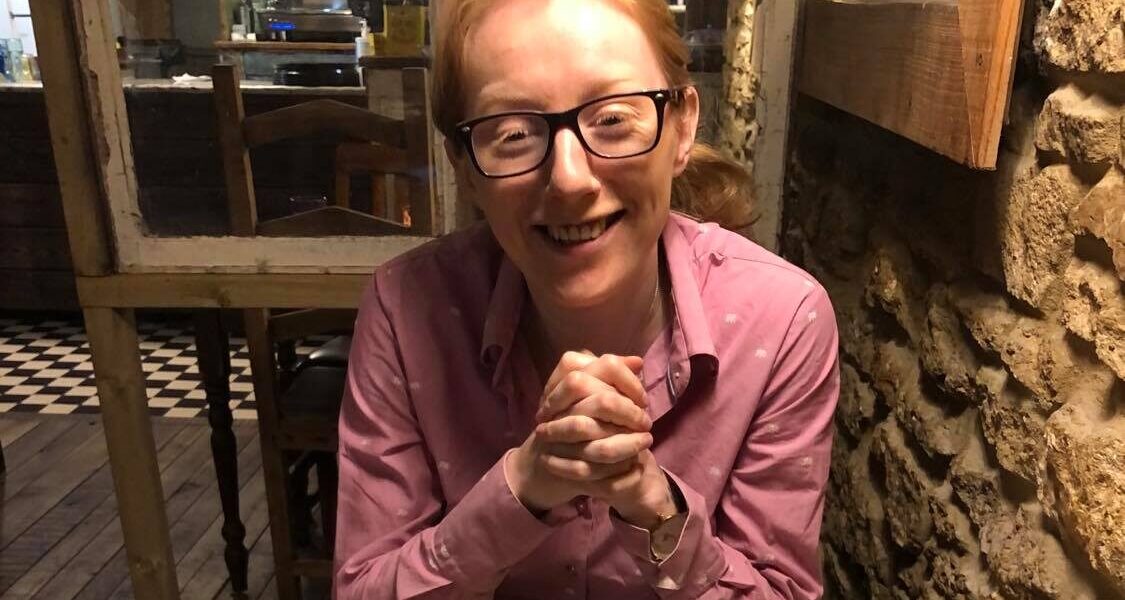Taking autism on holiday
A lot of people seem to think that autism is situational. That is to say that being autistic depends on the situation and is something that I can turn off and on. Family wedding? No problem, I’ll just press a little switch and ta-dah, autism free wedding.
This belief of situational autism is most commonly applied to two types of scenarios:
- A time where other people are also struggling. People tend to find it much harder to have patience with specific autism struggles when everyone is negatively affected – albeit in a different way.
- A time where we are supposed to be happy and enjoy the moment.
Last weekend I went away with my partner and of course the second situation applies. I have been away on family holidays before and the tolerance for autistic struggles is heart breakingly low. Not only because people don’t understand why I would be struggling when I am supposed to be having fun, but also because they want to be having fun, and don’t want to be supporting me.
The worst part is holidays create additional struggles for autistic people. We go to a new place, eat new and different foods, experience different sensory environments and are around new people. Just in there very nature, holidays are hard for autistic people.
As much as I wanted to have an amazing weekend, it would be one with autism. I am autistic in every moment and the weekend would be one, as an autistic person.
This of course meant that my autistic struggles were present on the holiday, as they are every day of my life and part of my relationship with my partner.
We visited Lacock Abbey (where some scenes from Harry Potter were filmed!), and a man walked up to me and started talking to me. My partner was unfortunately the other side of a large old-fashioned table as he approached me. I didn’t process what he said as I started hitting panic mode. I looked over to see where my partner was and started backing away from him and towards her. I knew if I could get her attention she would intervene and see what he wanted, which she did. It turned out he thought the lanyard I was wearing saying I was mask exempt, was an employee lanyard and he was asking for information. The irony of wearing a lanyard for a communication disability, and that causing someone to talk to me, is not lost on me!
After that happened, I began struggling. Something like that mentally drains me and makes me want to crawl into bed to hide away and recover. Shortly after, we went to look at a photography exhibit which involved walking up some steps to a row of photos, with lots of people stood along the dead-end pathway. Once we got to the top, we looked at the first couple and then my partner realised my hesitation at walking through all the people and asked if I wanted to go back downstairs, to which I answered that I did.
This is just two examples of things that created clear autism driven situations. Of course, autism is intertwined in everything we do. In finding the toilets and my partner finding one for me too. In her letting me know that that toilet had a hand dryer (to pre-empt me it could come on and be loud). We didn’t do anything out of the ordinary in terms of autism. It is how we always are. My partner knows autism isn’t something that I control, and she is every part my sidekick in taking on the world and supporting me through it. But the amazing part was she still happily took that role on our weekend away. In no way did she expect me to need less help, or for it to impact me less, on a night away.
Autistic people can not turn autism off. And I guarantee the situations when you might want us to, are the hardest for us to be autistic. I wish I wasn’t autistic and needing help at family weddings and on holidays away. I wish I didn’t need autism driven support when people were made redundant at work, and everyone was struggling. But I am autistic every second of every day.
Please have patience with autistic people on holidays away. It will be a nicer experience for everyone if you work with our autistic struggles and not against them. Find ways around things, take same foods, pack headphones and stim toys. Autism won’t disappear when you pack the car up and leave. You aren’t leaving autism at home. Plan for it. Work with autism.
If you have found this blog helpful in understanding autism please consider ‘buying me a coffee’ to help with the costs of running the blog 🙂
